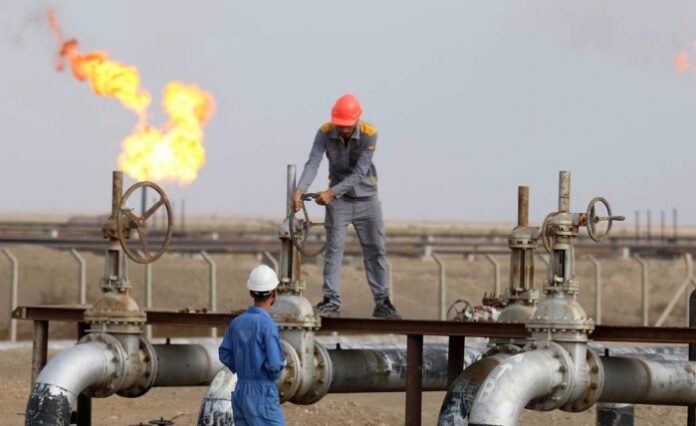In a new assessment by the Natural Resource Governance Institute, the mining sector and the oil and gas sector in Tunisia are considered “weak”. Although the Resource Governance Index (RGI) researchers said that mine governance has improved slightly since their 2017 assessment, they find that oil and gas governance has declined relatively.
The problems of governance of the two sectors may be one of the reasons for the current social and political situation in the country. Experts from the Institute for Natural Resource Governance said that although Tunisia’s mining sector has improved since 2017, with a total score of 50 out of a possible 100, it lags behind the oil and gas sector, with a score of 53. The slight difference in the scores is partly due to the presence of some good practices at the Tunisian Corporation for Petroleum Activities compared to the Gafsa Phosphate Company.
The social unrest in Gafsa, which is the most important mining area in the country, is partly due to the shortcomings in publishing the data of the Gafsa Phosphate Company, including the disclosure of annual reports and information, and this presumably leads to greater risks of corruption and misconduct cases as well as the inability to know the severity of the company’s financial position.
In this context, the arrests and ongoing investigations of several individuals accused of corruption related to the sector demonstrate the importance of transparency in holding decision-makers to account.
The resource governance index revealed some good practices in the field of mining licensing, as the researchers indicated that the government disclosed licensing information through its electronic portals and revealed phosphate reserves. However, the financial interests of government officials working in the two sectors are not publicly disclosed, which may lead to increased risks of corruption and conflict of interest.
The index also indicated that the management of local impacts in the mining sector needs to be improved, with researchers suggesting that the government require companies to conduct social impact assessments and disclose environmental impact assessments.
In the oil and gas sector, researchers said, Tunisian authorities should address issues related to contract disclosure, disclosure of environmental impact assessments and environmental mitigation plans, and commissioning oil companies to disclose contracts.
If Tunisia is to succeed in reforming the sector, the foundations of governance must be deeply addressed. The application of the principles of open contracting will represent a comprehensive and efficient framework for the development of licensing assignment procedures.
The Natural Resource Governance Institute recommends actions to improve the governance of Tunisia’s oil and gas sector. The Ministry of Industry, Energy and Mines should update its online portal to provide information on mineral reserves and export revenues, and the government and Gafsa Phosphate Company should work to improve transparency practices by publishing estimates of resource revenues. The government should also issue laws stipulating the obligation to publicly disclose environmental impact assessments and plans to reduce environmental damage in order to facilitate the work of supervisory authorities when scrutinizing these practices. Furthermore, the government should implement Article 136 of the Tunisian Constitution by adopting a resource income sharing mechanism at the sub-national level.











